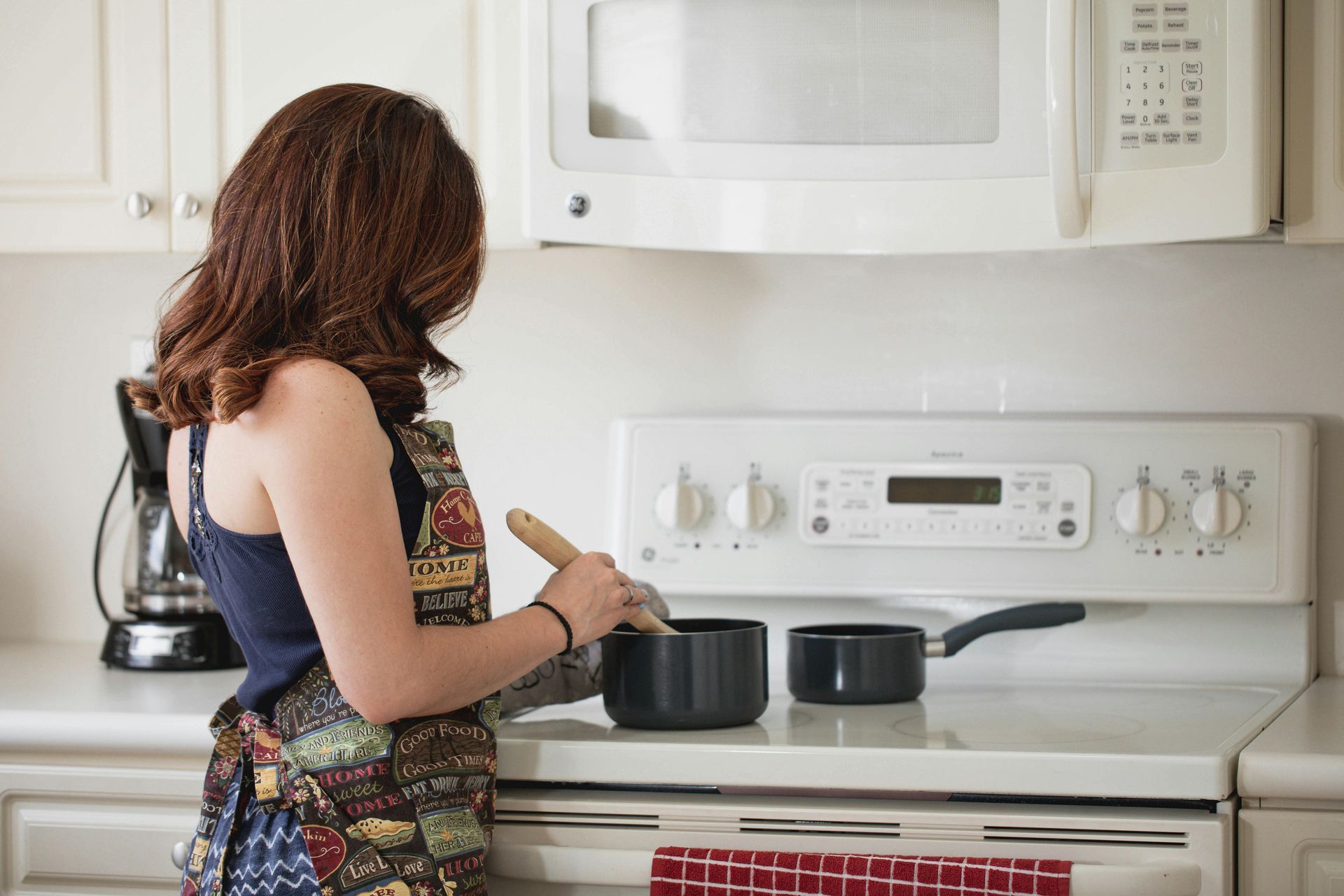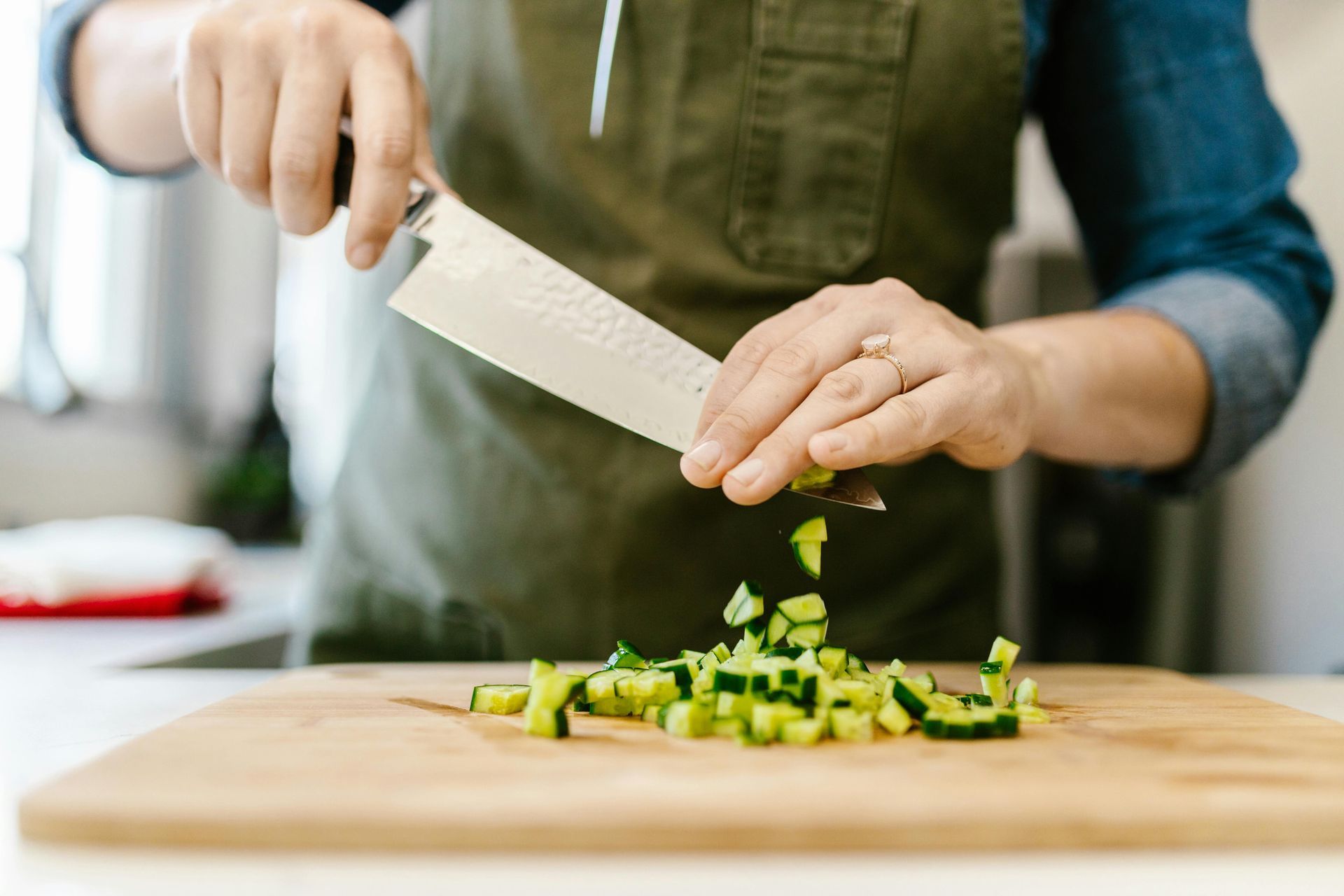5 Simple Techniques to Elevate Your Everyday Cooking
Cooking great meals doesn’t require complex recipes or fancy ingredients. Often, it’s the small, foundational techniques that make the biggest difference. By mastering a few essential cooking skills, you can transform everyday meals into something truly delicious. Here are five simple techniques that will help elevate your cooking game.
1. Master Your Knife Skills
One of the most important skills in the kitchen is knowing how to handle a knife properly. Not only will it save you time, but it will also improve the quality and presentation of your dishes. Start by learning how to dice, slice, and chop efficiently. Use the right knife for the job—a chef’s knife for most tasks and a paring knife for smaller, more delicate work. Practice your knife skills regularly, and you’ll find that prep work becomes quicker and safer.
2. Seasoning with Confidence
Seasoning is the key to bringing out the best flavours in any dish. Salt, in particular, is your best friend in the kitchen, but it’s important to know how and when to use it. Salt should be added in layers throughout the cooking process to build depth of flavour. Don’t be afraid to taste as you go, adjusting the seasoning as needed. Additionally, experiment with herbs, spices, and citrus to add complexity to your dishes.
3. Understand Cooking Temperatures
Whether you’re grilling, roasting, or sautéing, knowing the right cooking temperatures is crucial for getting the best results. For meats, use a meat thermometer to ensure you’re hitting the ideal internal temperature without overcooking. When sautéing, make sure your pan is hot enough before adding ingredients to get a proper sear without steaming the food. Learning to control temperature is a game-changer in achieving the perfect texture and flavour.
4. Don’t Overcrowd the Pan
One of the most common cooking mistakes is overcrowding the pan, especially when sautéing or roasting. When you add too much food to a pan, it lowers the temperature, leading to steaming instead of browning. This results in soggy, unevenly cooked food. Give your ingredients plenty of space to achieve that beautiful caramelization and crisp texture. If you’re cooking a large amount, do it in batches to ensure everything cooks properly.
5. Use Fresh Ingredients
The quality of your ingredients makes a big difference in the outcome of your meals. Whenever possible, opt for fresh, high-quality produce, meats, and herbs. Fresh herbs, in particular, can instantly elevate the flavour of a dish. Keep them on hand and add them at the end of cooking to maintain their vibrant flavour and colour.
By focusing on these five simple techniques, you can dramatically improve the flavour and presentation of your meals. The best part? You don’t need to reinvent your recipes—just apply these foundational skills to your everyday cooking, and watch your dishes shine.


